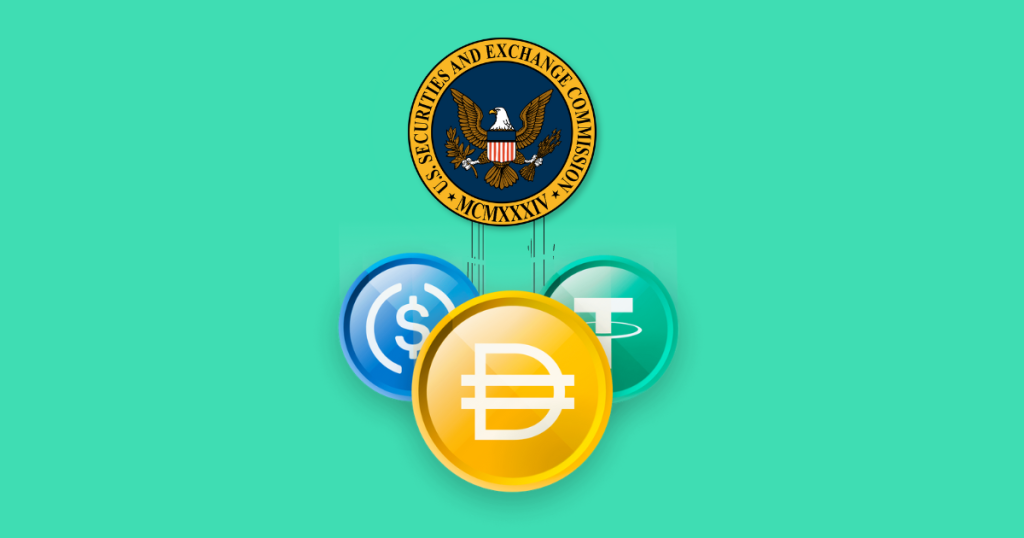Stablecoin Scandal: SEC Probes Potential Violations of Investor-Protection Laws

The post Stablecoin Scandal: SEC Probes Potential Violations of Investor-Protection Laws appeared first on Coinpedia Fintech News
The US Securities and Exchange Commission (SEC) is investigating whether stablecoins are among the products that were issued in violation of investor-protection laws.
The SEC enforcement lawyers have told Paxos Trust Co. that regulators plan to take enforcement action over its stablecoin, BUSD, and have pushed the company into making the decision to stop minting BUSD indefinitely.
The scandal against the third-largest stablecoin by market value was a significant jolt to an industry that has already suffered a series of shocks in recent months.
Stablecoins and the SEC
Stablecoins are a form of cryptocurrency that makes it easier to trade other digital assets. Each unit is supposed to maintain a value of $1. Regulating them could take the SEC into the domain of overseeing payment products, something it doesn’t do.
The SEC could allege that BUSD is security through the application of another Supreme Court test that governs notes, or securities that promise the repayment of money, often with interest.
Issuers Under ScrutinyÂ
Stablecoin issuers say they are backed 1-for-1 by cash or cash equivalents such as U.S. dollars and Treasury securities. Tether, the largest stablecoin issuer, discloses most of its portfolio holdings but not all, says the regulatory body.
It has invested in riskier assets such as corporate debt and has made money by lending tethers to customers, a practice it is winding down. Coinbase Global Inc. has also disclosed that the SEC is investigating its stablecoin product.
It should be noted that stablecoin users don’t expect any profits from owning these assets. This motivation is one of the crucial prongs of a 1946 Supreme Court test, known as Howey, that regulators use to spot which cryptocurrencies are securities.
Furthermore, the Commodity Futures Trading Commission and the New York State Department of Financial Services have labeled Tether and BUSD as “virtual currencies.†That doesn’t mean the SEC can’t allege they are securities, according to lawyers, but it muddies the waters and shows the difficulty of deciding which laws apply.